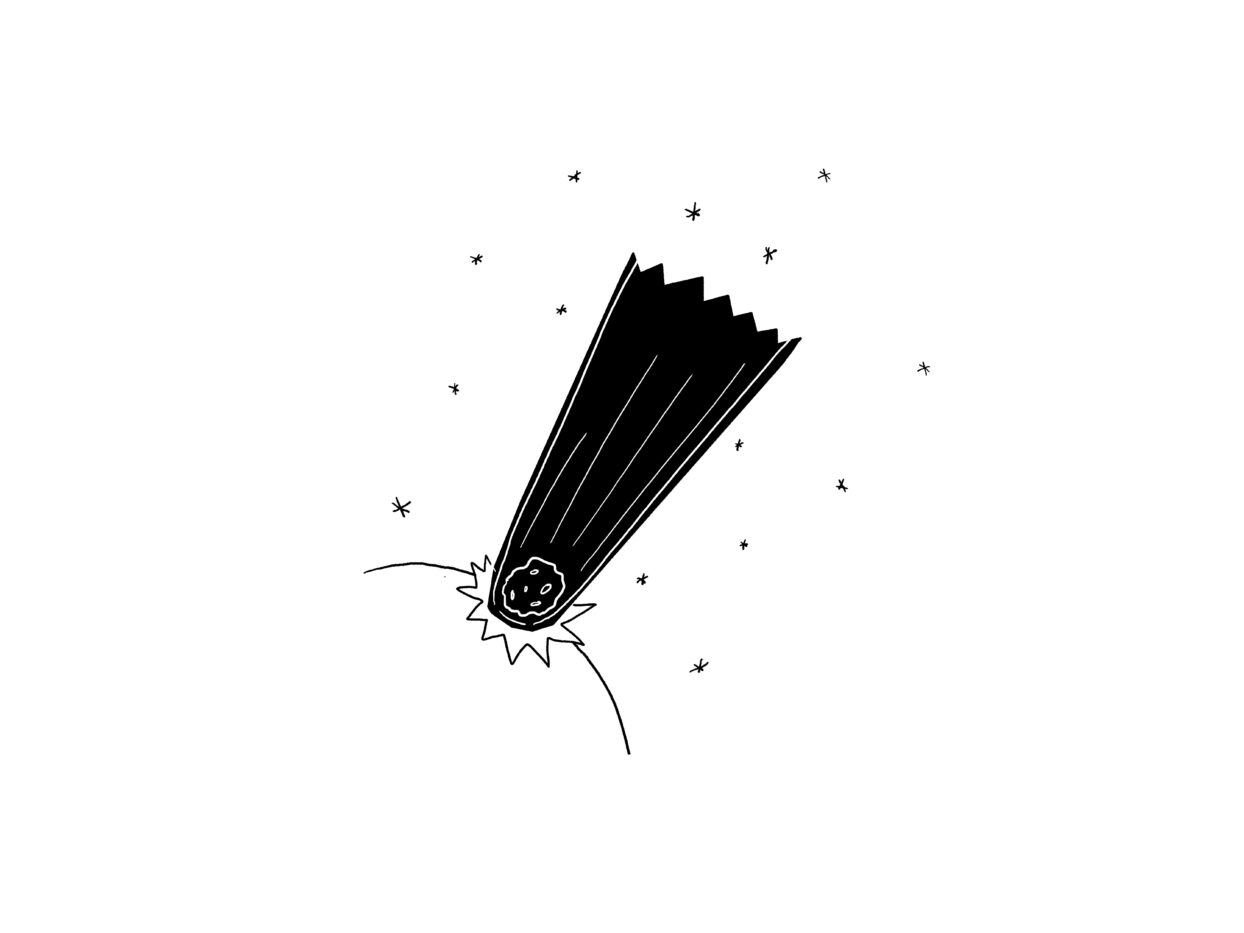
Image by Ivy Sanders Schneider

Image by Ivy Sanders Schneider
The iron law of cultural production is that everything is always getting worse. Pick a moment — any moment — and there is sure to be a catastrophist in tow, waving her arms and warning that a crisis is upon us. The death of the novel or the poem is declared with dependable regularity, and criticism has been crumbling since its inception. New Critic John Crowe Ransom bemoaned the state of the field in “Criticism, Inc.,” in 1937, and it is by now a cliché to cite Elizabeth Hardwick’s 1959 lament about “listless” book reviewing, which has inspired a procession of heirs and imitators.
These days, as ever, there is much to mourn. Publishers have consolidated since 1977, when authors John Hersey and Herman Wouk were already warning about the “sinister process” of conglomeration within the industry; venues for reviews and difficult essays, most notably Bookforum, are shuttering at an alarming rate; and everyone is always insisting that the market for literary fiction is shrinking.
But it must be admitted that the kind of person who lies awake fretting about the prospects of the novel is generally not the type who also seeks out facts and figures. As it happens, fiction sales are up 27.8 percent over 2019 levels — and my anecdotal sense is that, for every small literary magazine that closes, another materializes. Whether there are actually more or fewer magazines in circulation is a question for the statisticians, but for my part, I’ve witnessed Forever Magazine, Strange Matters, and this very magazine spring up in recent years. Subscribers to The Point, the small literary magazine I edit, are up. Ryan Ruby has called ours a “golden age” of criticism, and I’m inclined to agree. There are any number of independent publishers — New Directions, Pushkin Press, New York Review Books, Archipelago, Deep Vellum, Transit Books, And Other Stories — putting out innovative titles and works in translation. Some of these books are up for or winning major prizes: the 1,000-plus-page Ducks, Newburyport, published by Biblioasis in the U.S. and Galley Beggar Press in the U.K., was shortlisted for the 2019 Booker, and The Netanyahus, published by New York Review Books in the U.S. and Fitzcarraldo in the U.K., won the 2022 Pulitzer.
Are these books “avant-garde”? They are certainly challenging, formally inventive, and anathema to the pabulum that predominates in more mainstream forums. Are they producing political change? There does seem to be a renewed interest in leftism among the populations apt to pick up these sorts of titles and contribute to magazines like this one. While union membership nationwide remains low, journalists unionized in “record numbers” between 2012 and 2021, according to Poynter, and the rate of unionization among workers in higher education is also on the rise. Whether these two trends are related I cannot say. What I can say is that, in my more sober and less self-aggrandizing moments, I’m more persuaded by an unflattering diagnosis than I am by the grand narrative that positions writers, editors, and academics as heroic defenders of an unprecedentedly endangered art form. In our age, as in every other, there are both dark forces at work and a small but committed clerisy determined to resist them. Our perennial pessimism may be the product of a narcissistic need, common to every generation, to feel that one’s own epoch is beset by special dangers.
But perhaps this distastefully underwhelming analysis skirts the real issue, which is simply that it’s more thrilling to live under threat. There is nothing more atmospheric, more galvanizing, than paranoia, so we might as well carry on worrying.
Becca Rothfeld is the nonfiction book critic of The Washington Post, an editor of The Point, and a contributing editor at the Boston Review.